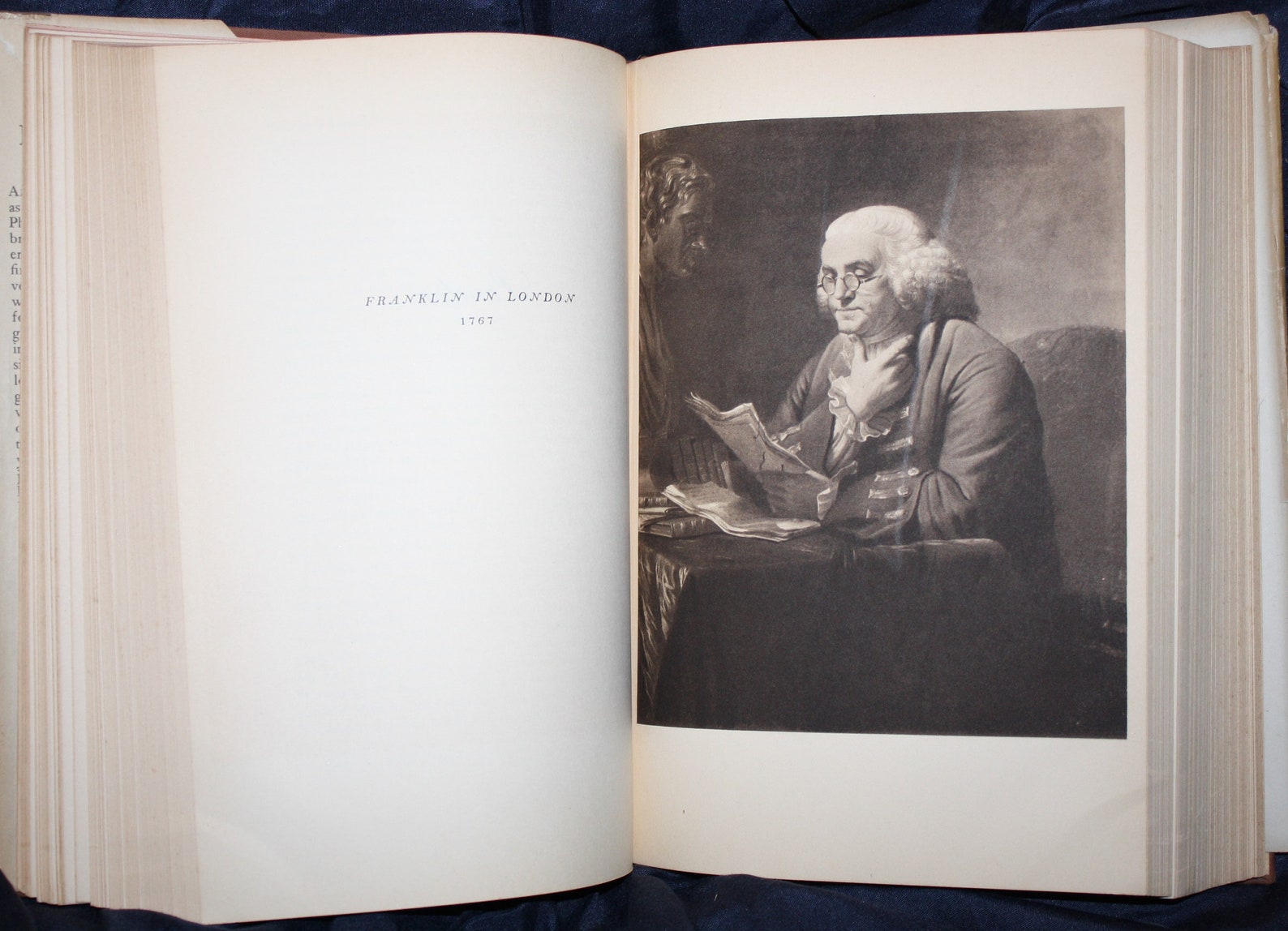

He noticed that on every retelling, his uncle would change a bit here or there - always tailoring his tale to his audience. Born into a family of mechanics, Franklin heard his uncle tell the same story eight times in a row to different people. As a boy (much like Larry Ott in his novel "Crooked Letter, Crooked Letter,") Franklin was not very mechanically inclined. However, his writing has more in common with Mississippi writers like Larry Brown and Ellen Douglas. Although some readers may balk at the virtual absence of women from these intensely masculine yarns, those who persist will be persuaded by their gruff grace.Tom Franklin was born and raised in Dickinson, AL, not far away from the home of Harper Lee. While he may occasionally wax sentimental about life in the impoverished South, Franklin's style is often as laconic and simply spoken as his characters' dialogue, sometimes close to Hemingway, but more often akin to Denis Johnson or Raymond Carver in its resonant ordinariness. Franklin announces the arrival of the avenger with a sentence no more complete than ""A match striking,"" and yet this is enough for a good scare. The other stories in the book, however, only provide a tantalizing buildup to the chilling title story, in which a legendary and demonic game warden in a small Alabama town stealthily and privately punishes three youths who have murdered his predecessor.

In ""The Ballad of Duane Juarez,"" a man commits small crimes without guilt because he has given himself a fake name, and thereby a fake identity.

Fantasy has its place, too, as in ""Alaska,"" in which a rambling male voice describes an imagined trip to the Northwest that never gets farther than the shores of a pond in some unspecified Southern location although little happens, the story's dreamy meandering is seductive. The protagonist of ""Triathlon,"" a man trapped in a decaying marriage, remembers fishing for sharks on the night before his wedding. In ""Grit,"" a devious laborer at a minerals processing plant trades positions with his supervisor through blackmail involving gambling debts, only to see the scam backfire. In ""Dinosaurs,"" a waste inspector takes a huge stuffed rhinoceros as a reward for not closing down a gas station with several hazardous leaky pumps. The collection's power arises from Franklin's reluctance to analyze its (often bloody) events. These 10 honestly crafted and carefully executed tales of cottonmouths and skulking outlaws in the South unflinchingly explore the pitfalls and dangers involved in making one's place in the world.


 0 kommentar(er)
0 kommentar(er)
